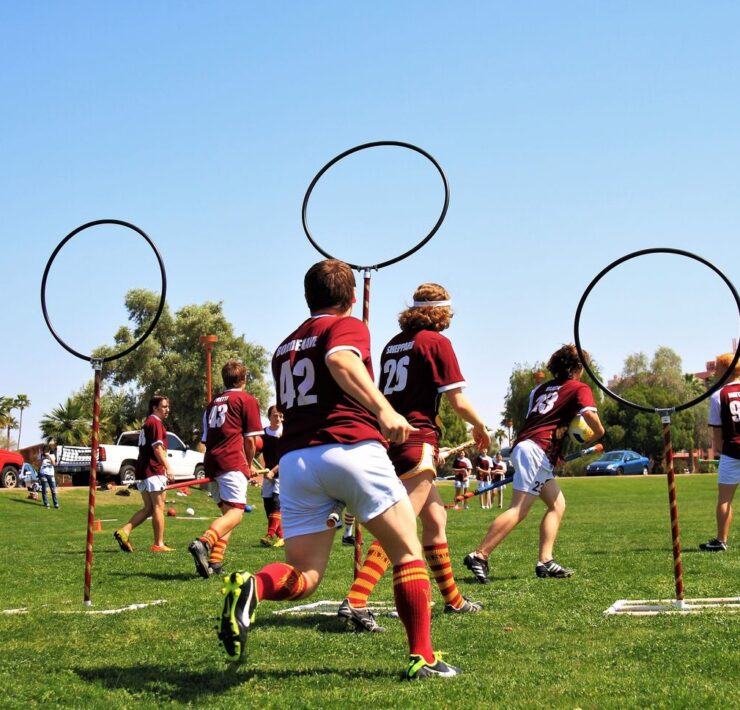Clean water, shelter, and shoes are just some of the things that most of us take for granted, but in many places in the world, people are desperate for them. Other things, such as ovens, light and even protection from mosquitoes are luxuries to many poor people.
However, thanks to some brilliant inventors, it is possible to produce these items in an affordable manner to make a difference in poor communities.
-
Affordable Solar Oven
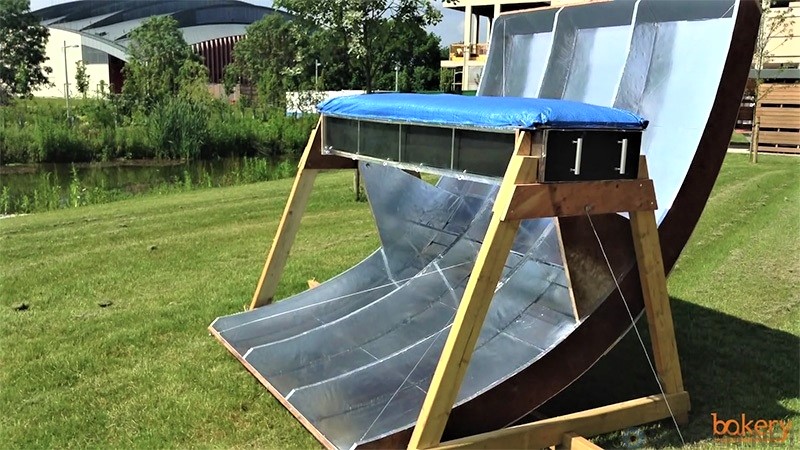
In some developing countries, the only way to cook is by using firewood. Unfortunately, this is not only unsafe but also causes deforestation, which means it is unsustainable. For many people cooking with gas or coal is also too costly.
This is why a group of engineering students attending the University of Cambridge came up with the invention for the Infinity Bakery. It is powered by sunlight and can be heated to temperatures in the 220-degree range. Best of all, it is made from simple materials, such as recycled oil drums, clay, and bamboo. This invention can not only save lives but also protect the environment.
-
Portable Water Filtration Device
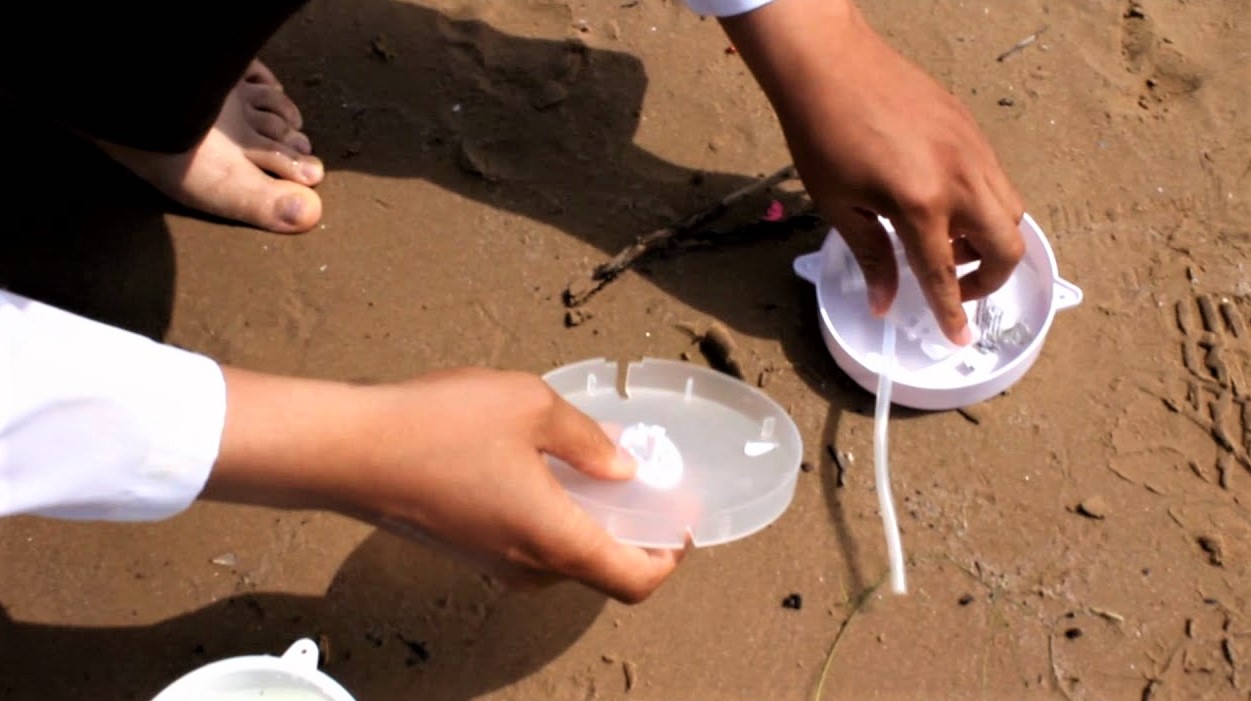
Access to pure water is still a major problem in many poor countries, especially for people too poor to afford traditional filtration devices.
Portapure set out to provide a solution by creating a water filtration device that is not only inexpensive but also portable. Called the Pocketpure, it already demonstrated its effectiveness when used by Haitian citizens after the earthquake of 2010 to purify water from a Cholera infected river.
-
Mosquito Protection
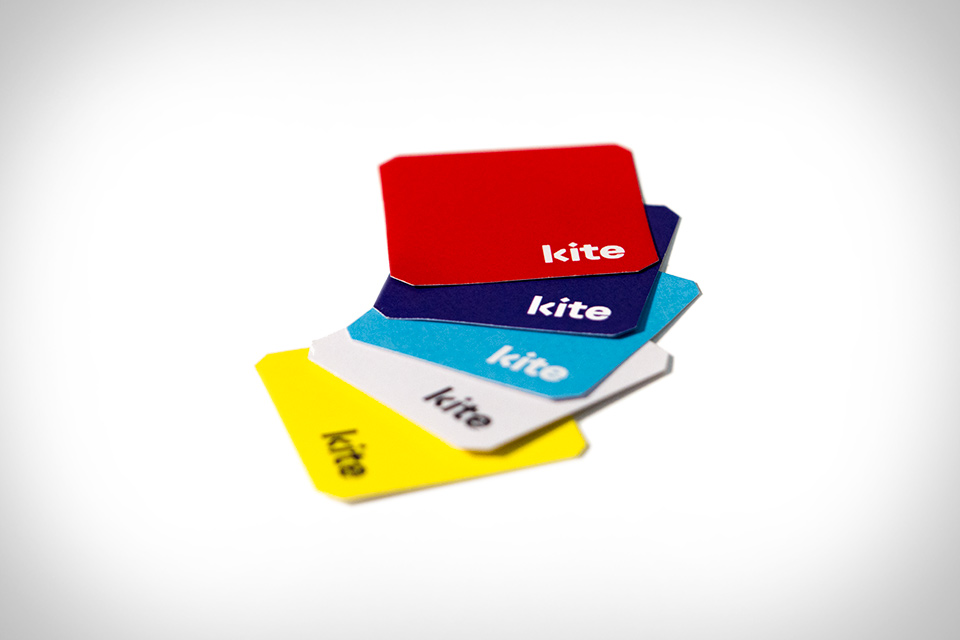
From malaria and dengue to West Nile virus and yellow fever, mosquitoes are a major cause of diseases and illness in poorer countries. One invention that promises to be a breakthrough in fighting this scourge is the Kite Patch.
It is designed to protect children and vulnerable populations from around the world against mosquito-borne diseases and works by disrupting the carbon dioxide neurons of mosquitoes. This prevents the mosquito from tracking humans and is applied as a long-lasting sticker that can be applied to clothing instead of using unhealthy and expensive repellents.
-
Adjustable Glasses
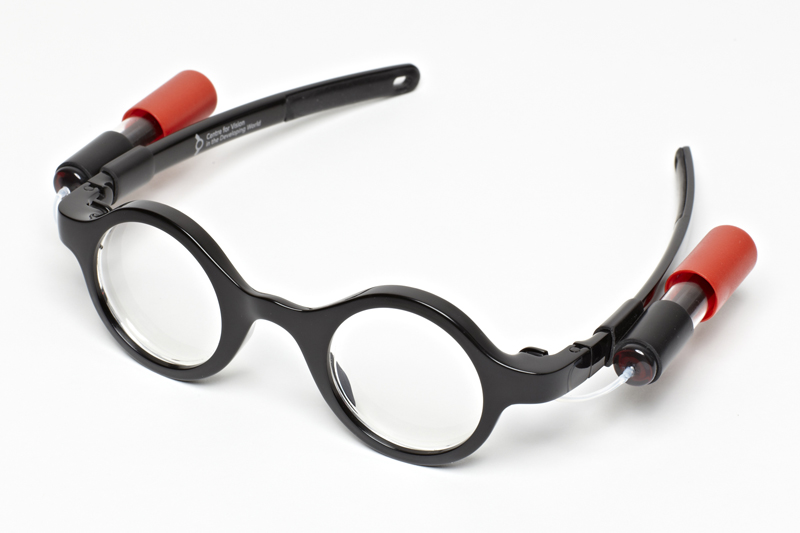
One of the keys to success is education, but for millions of young people, poor vision is interfering with their ability to learn. In rich countries, it is a problem that can be corrected easily with contact lenses or eyeglasses, but in developing countries, these objects are still luxuries.
The Centre for Vision in the Developing World and Dow Corning Corporation came up with a unique initiative, called Child Vision. To help children with poor vision in rural areas, they designed glasses which the wearer is able to adjust by themselves until they can see clearly. The glasses are also durable enough to withstand different environments and designed for low-cost production.
-
DIY Solar Pump
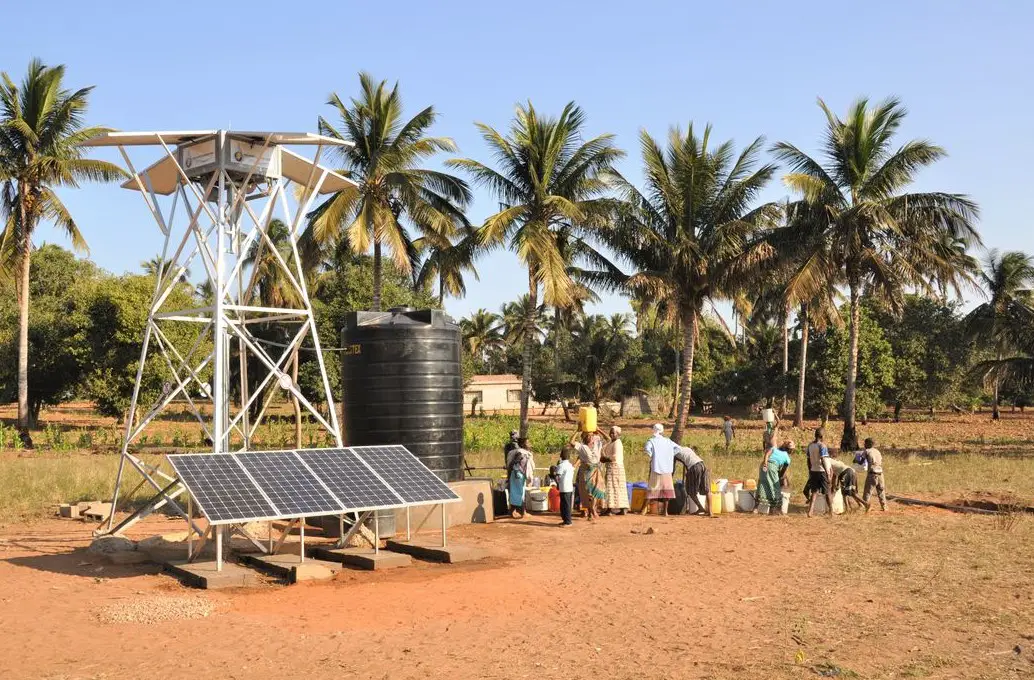
Water pumps can be a valuable asset to poor communities, but many available on the market are simply too expensive or complex. Pumpmakers have come up with an innovative invention that serves as the solution to communities unable to afford or maintain high maintenance pumps.
Their goal was to design a pump system that doesn’t need any maintenance, has no running costs, is resistant to erosion, and can be manufactured locally to support the economy of poorer countries. The result was the NSP Solar Pump that can be constructed by people using the instructions and tutorials provided by Pumpmakers.
-
Portable Incubator
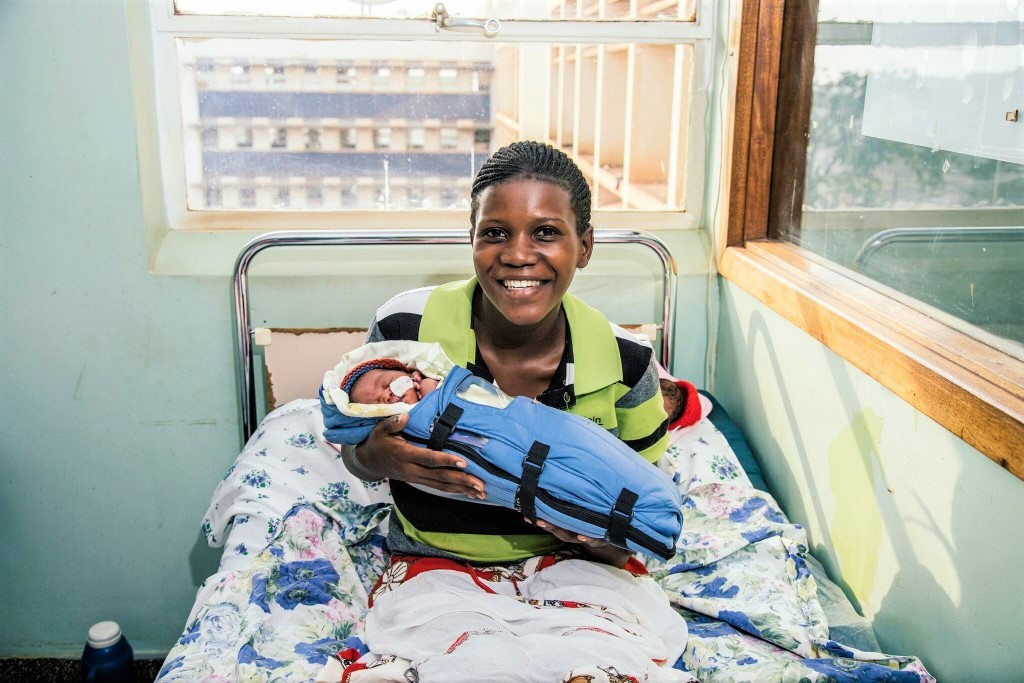
Even room temperature can be too cold for a prematurely born baby as they lack the body fat required to regulate their own temperature. This is generally not an issue in the developed world as prematurely born babies are simply placed inside an incubator.
In poorer countries, it is not that simple and caring for hypothermic infants is a huge challenge. Some solutions, such as incubators and radiant warmers are much too expensive, while others, such as hot water bottles, coals, and light bulbs are ineffective and often dangerous. An invention called the Embrace Warmer is less than 1% of the cost of a standard incubator, reusable, portable, hygienic and above all, safe.
-
Convenient Water Carrier
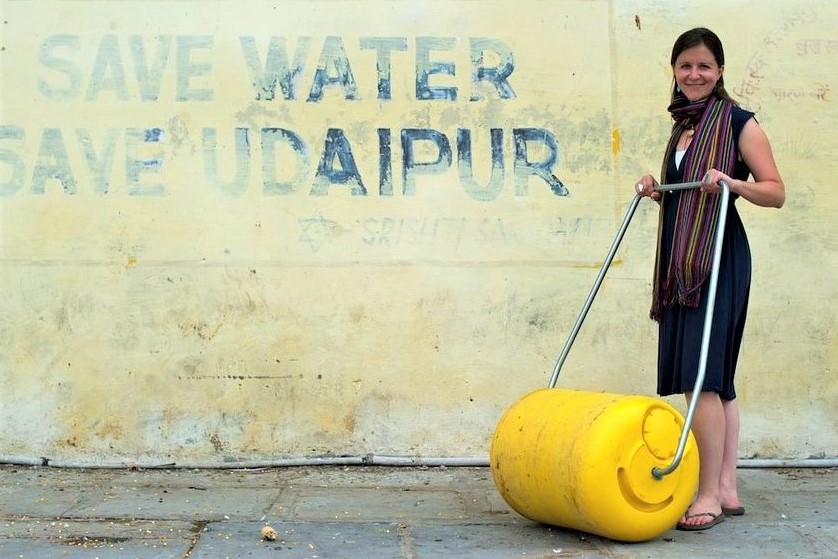
Women in rural areas often have to walk miles in order to collect water, which is not only tiring, but also very time-consuming. An invention, called the WaterWheel, offers a more practical and convenient method to transport the water.
It has a capacity of 45L and features a simple design that allows it to be controlled using a handle. Pushing the WaterWheel home is much less strenuous than carrying water containers and it is durable enough to be used even on rough terrain. Due to its carrying capacity and ease of use, it saves a lot of time and energy.
-
Shelter System
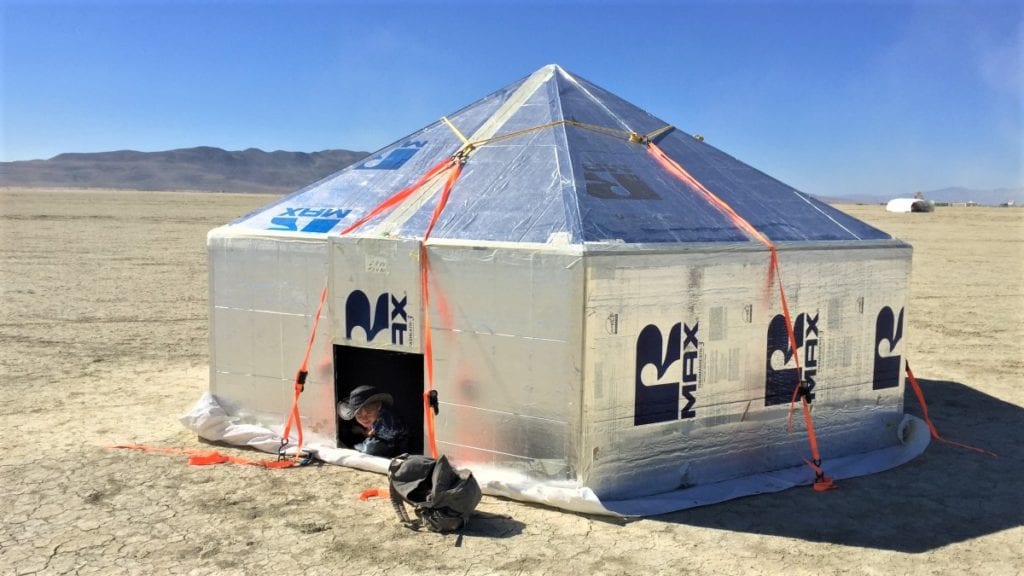
Affordable housing or shelter is another big concern in poorer parts of the world, but one engineer came up with an innovate invention, called the Hexayurt shelter system.
It can be constructed using common building materials and, amazingly enough, cost much less than a tent. Not only can the Hexayurt be constructed with ease, but it can also be packed up for transportation. In addition, the Hexayurt is open source, which means anyone is allowed to develop the structure using available materials.
-
Growing Shoes
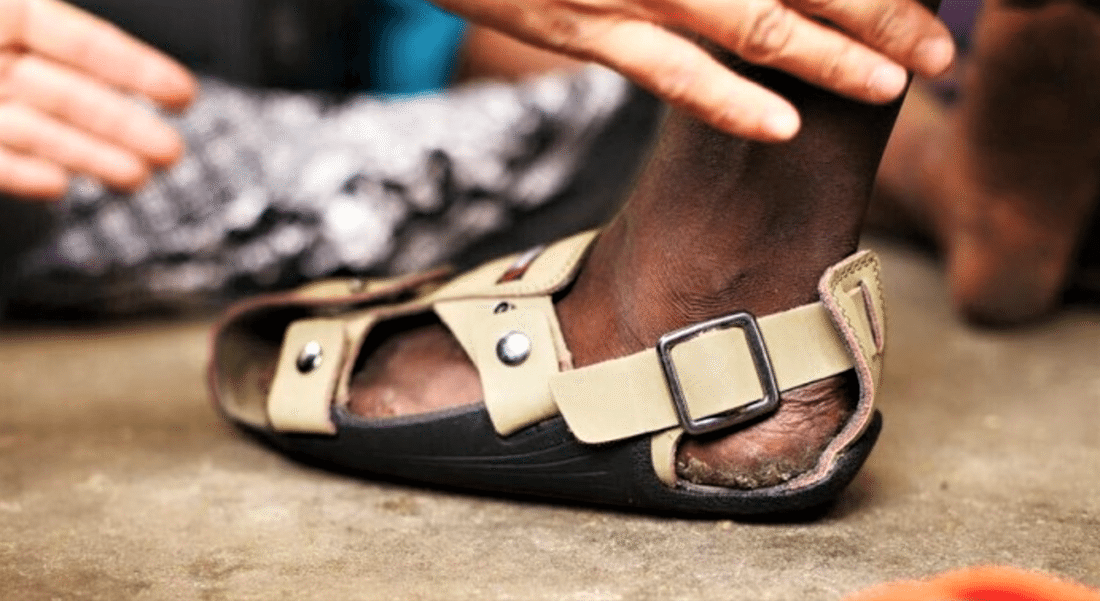
Due to the prevalence of soil-transmitted diseases and parasites around the world, it is essential for children to wear shoes. However, due to poverty, children either have no shoes or shoes that do not fit properly.
Thanks to an invention called The Shoe That Grows, affordable and long-lasting footwear is available to poorer communities. As it is made with simple materials, it is easy to clean and use while its innovative design allows it to be adjusted for up to five sizes. This means that one pair of shoes can last for up to five years!
-
Salt Water Lamp
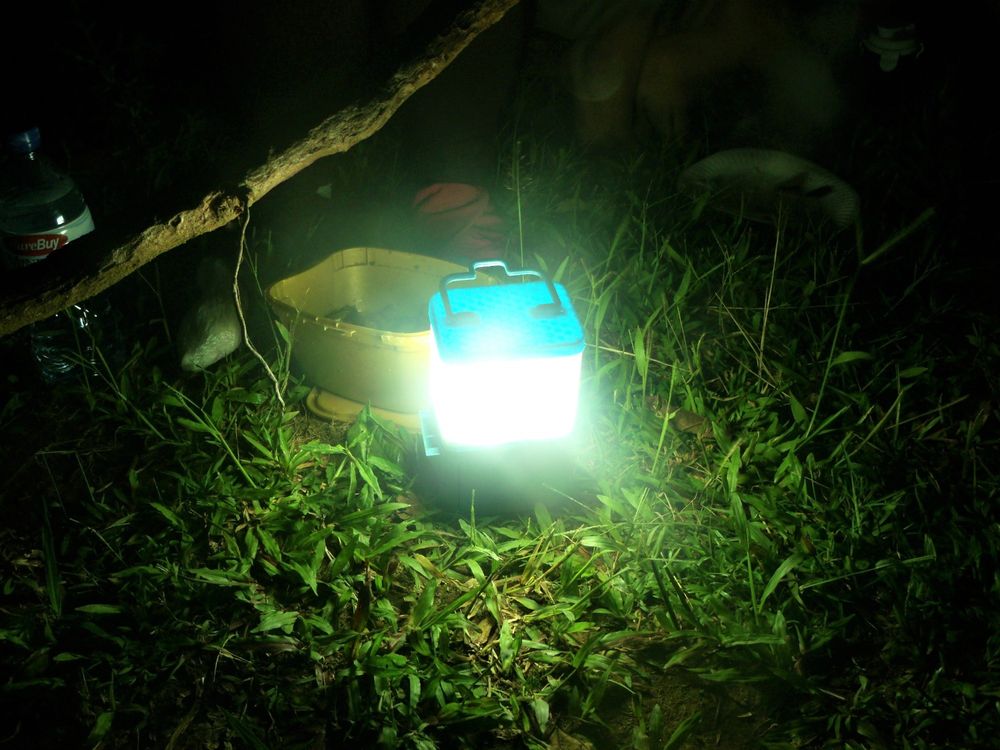
Due to a lack of power sources in many poor or rural areas all not much can be done when the sun sets. One young engineer came up with the idea to create an alternative lighting system, one that does not depend on batteries or requires harmful substances such as kerosene to work.
In fact, her lamp only requires two tablespoons of salt in a glass of water. Even more amazing is the fact that the lamp, called Sustainable Alternative Lighting (SALt) can light up for eight hours and can even charge other devices.
Inka worked as an international attorney for many years before turning travel and lifestyle writer. She has contributed to BBC/Travel and writes for several inflight magazines and is a tripsavvy contributor for Spain and Portugal. She currently lives in Spain's Costa Blanca.

